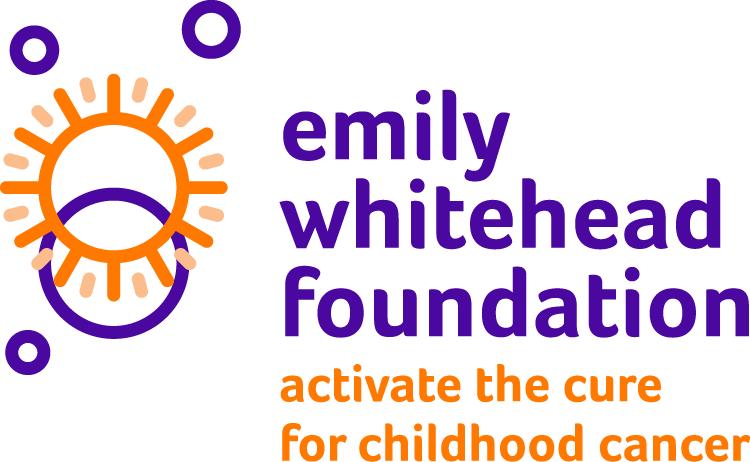Inotuzumab Ozogamicin for Children With MRD Positive CD22+ Lymphoblastic Leukemia
Leukemia
0-9 years 10-17 years 18-26 years
2
 Drug
Drug
Methotrexate, Hydrocortisone, Cytarabine, Diphenhydramine, Acetaminophen, Methylprednisolone
 Biological
Biological
Inotuzumab ozogamicin
Condition: Acute Lymphoblastic Leukemia
This trial is a limited multi-center, Phase II study to evaluate inotuzumab ozogamicin (Besponsa) in pediatric patients with MRD positive CD22-positive B-lymphoblastic leukemia (B-ALL).
Some patients with newly diagnosed ALL maintain low levels of MRD, despite achieving complete remission with less than 5% blasts in the bone marrow. Others experience re-emergence of low level MRD or increasing levels of MRD on therapy or post-transplant. New approaches are needed to achieve undetectable MRD in these high-risk patients.
Inotuzumab ozogamicin is an antibody-drug conjugate composed of a humanized IgG subtype 4 monoclonal CD22-targeted antibody linked to calicheamicin, a potent anti-tumor antibiotic. CD22 is expressed in more than 90% of patients with B-cell ALL, making it an attractive target in this patient population. Inotuzumab ozogamicin has demonstrated exceptional activity in adults with relapsed or refractory B-ALL.
Primary Objective:
Assess the efficacy of inotuzumab ozogamicin in patients with MRD positive CD22+ B-ALL with 0.1 – 4.99% blasts in bone marrow.
Secondary Objectives
- Study the safety of inotuzumab ozogamicin when used in patients with MRD – positive CD22+ B-ALL with < 5 % blasts in bone marrow.
- Estimate the incidence, severity, and outcome of hepatotoxicity and sinusoidal obstruction syndrome/veno-occlusive disease (SOS/VOD) in patients during inotuzumab ozogamicin and following subsequent treatment, including hematopoietic stem cell transplant (HSCT).
Sponsor/Collaborators:
St. Jude Children's Research Hospital
